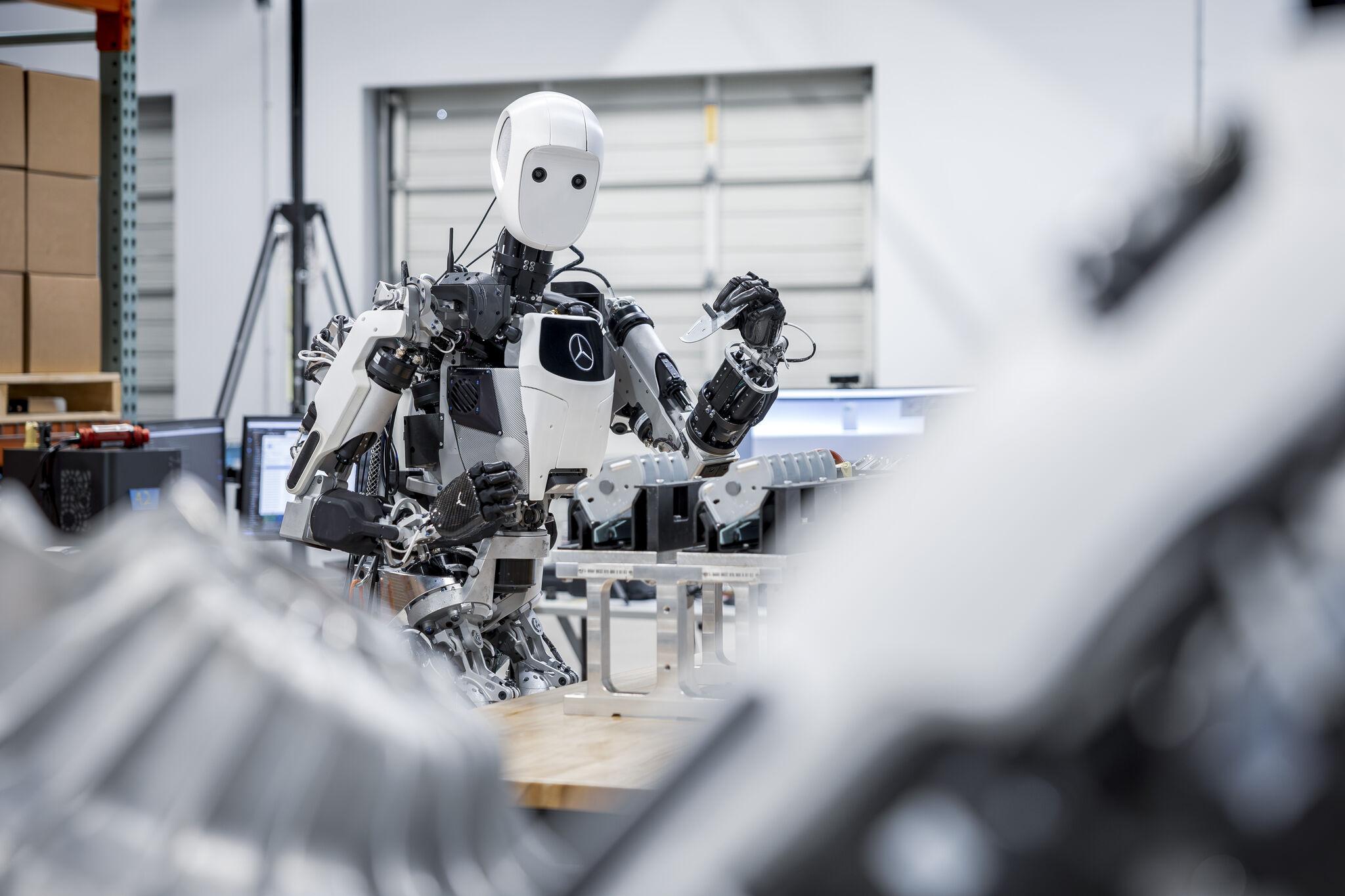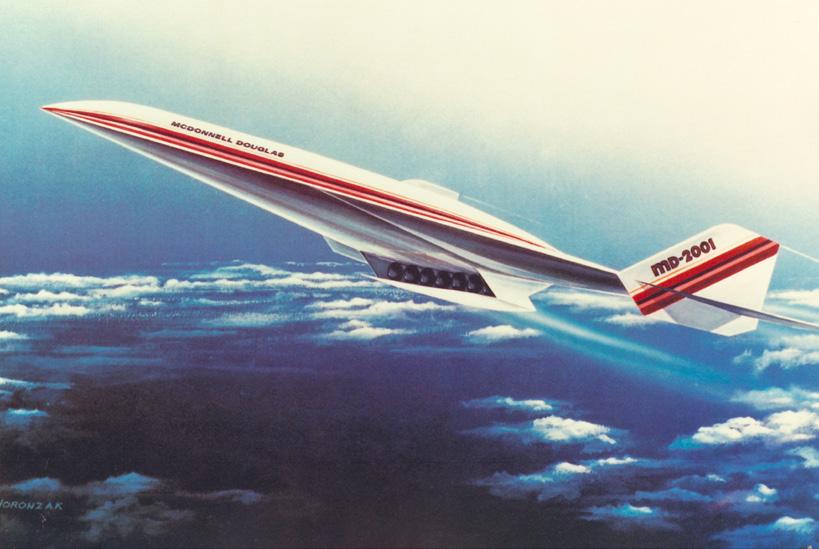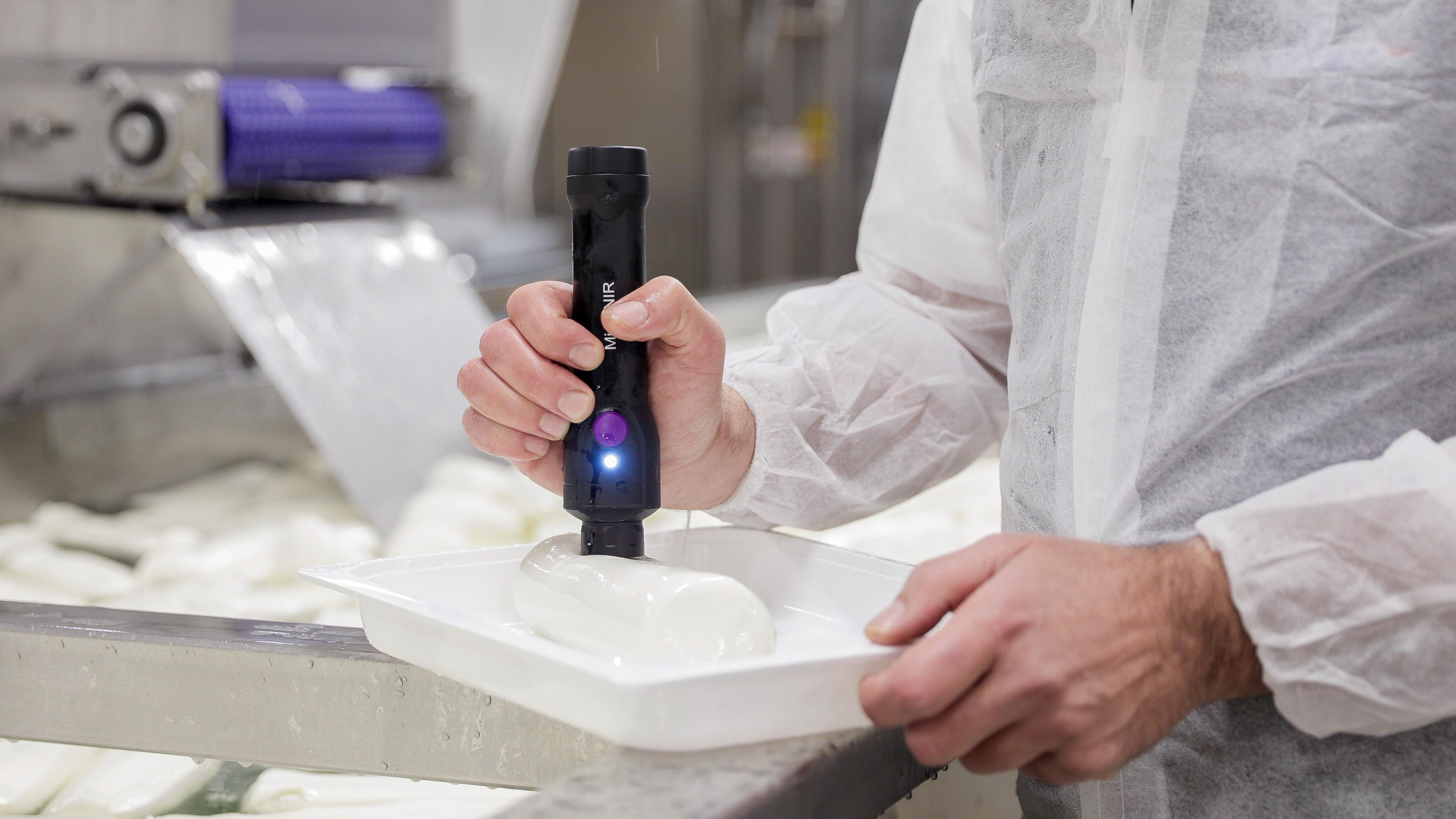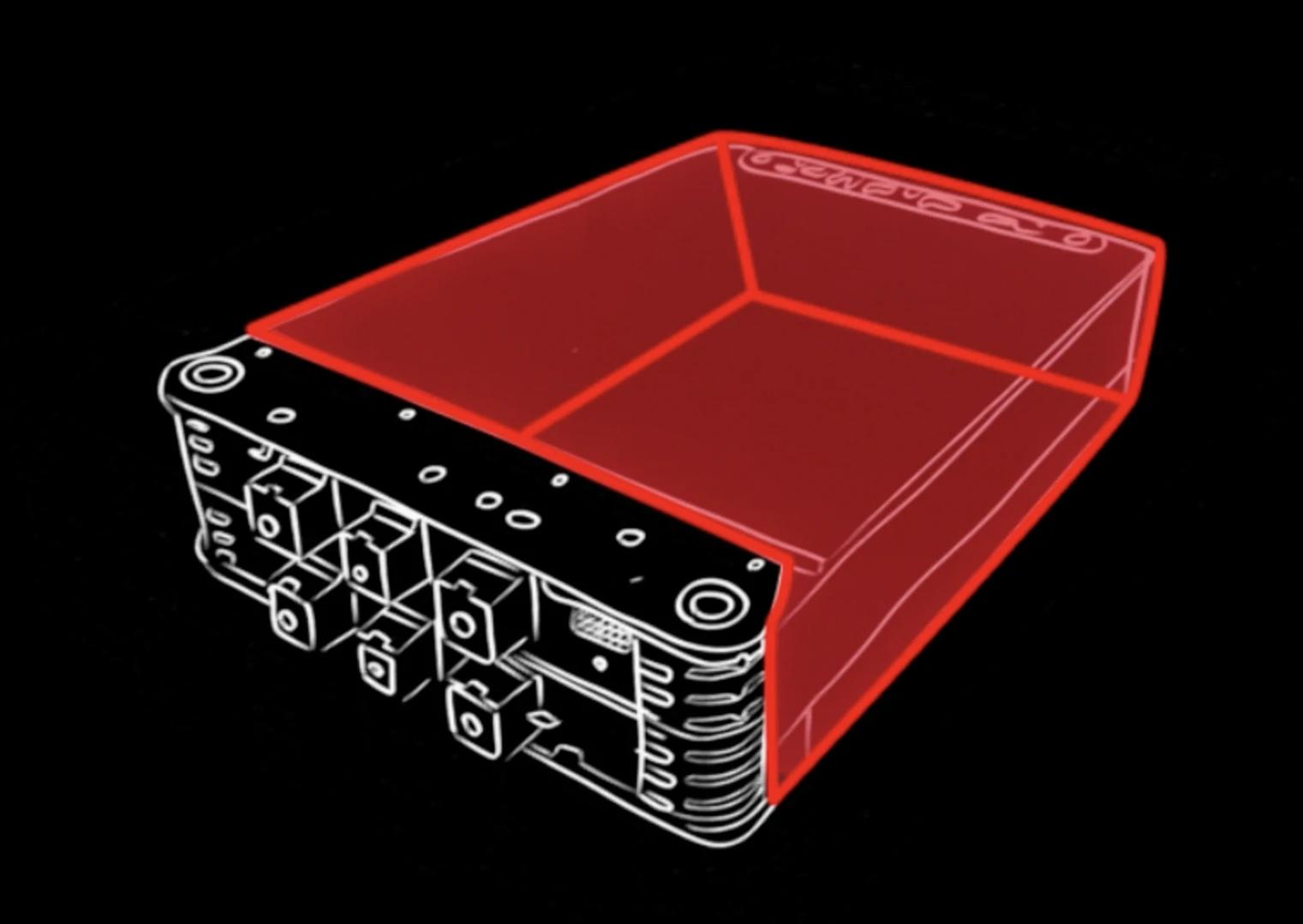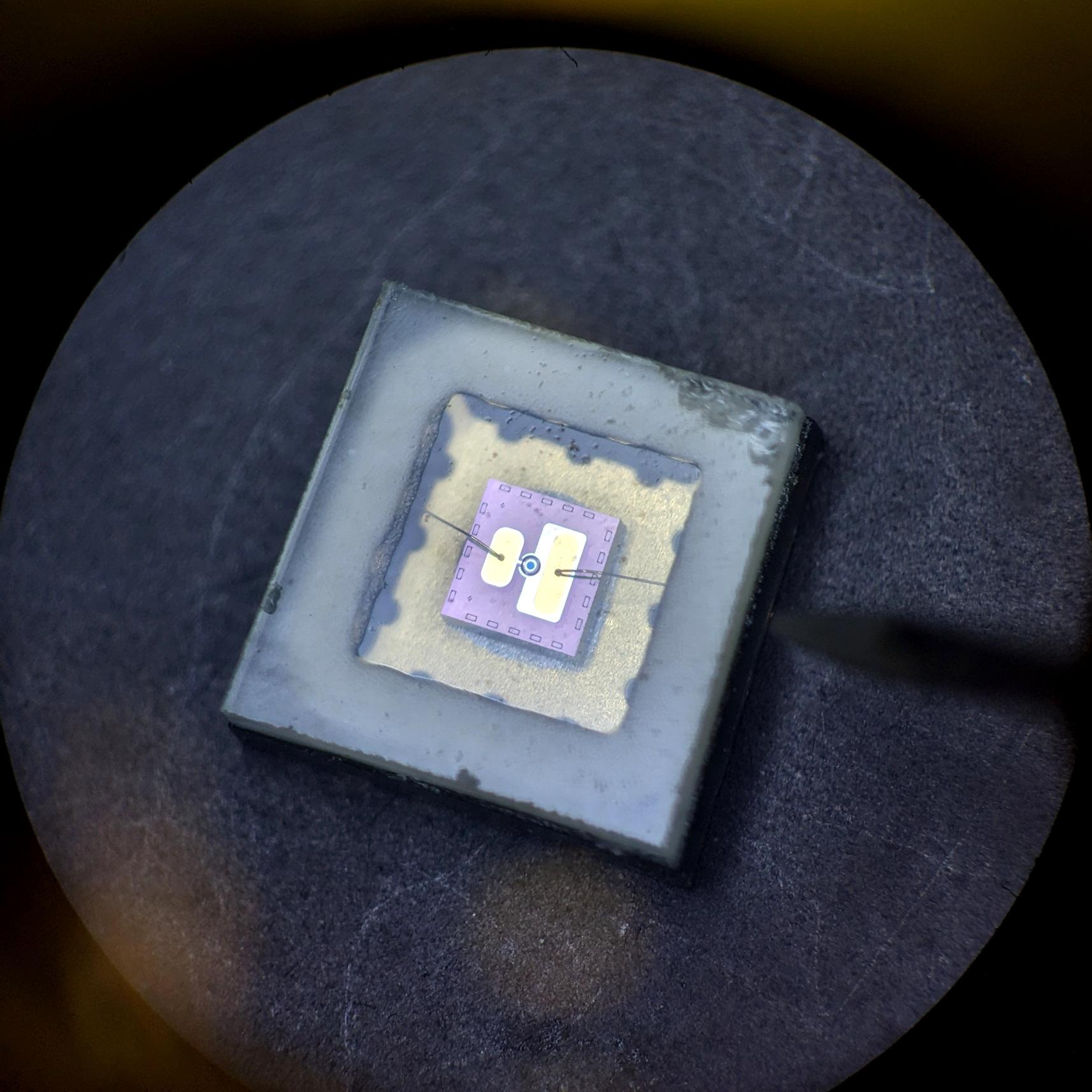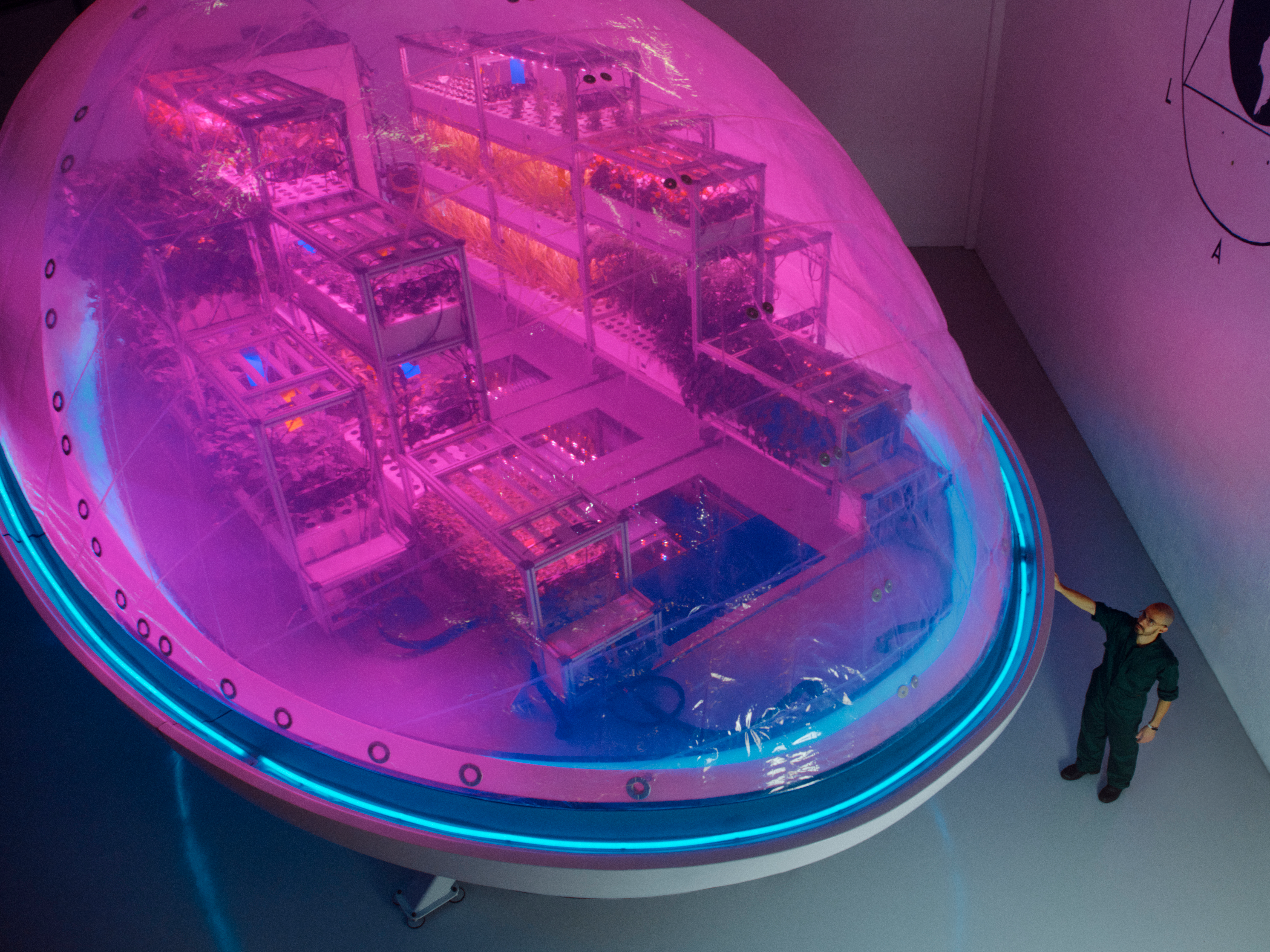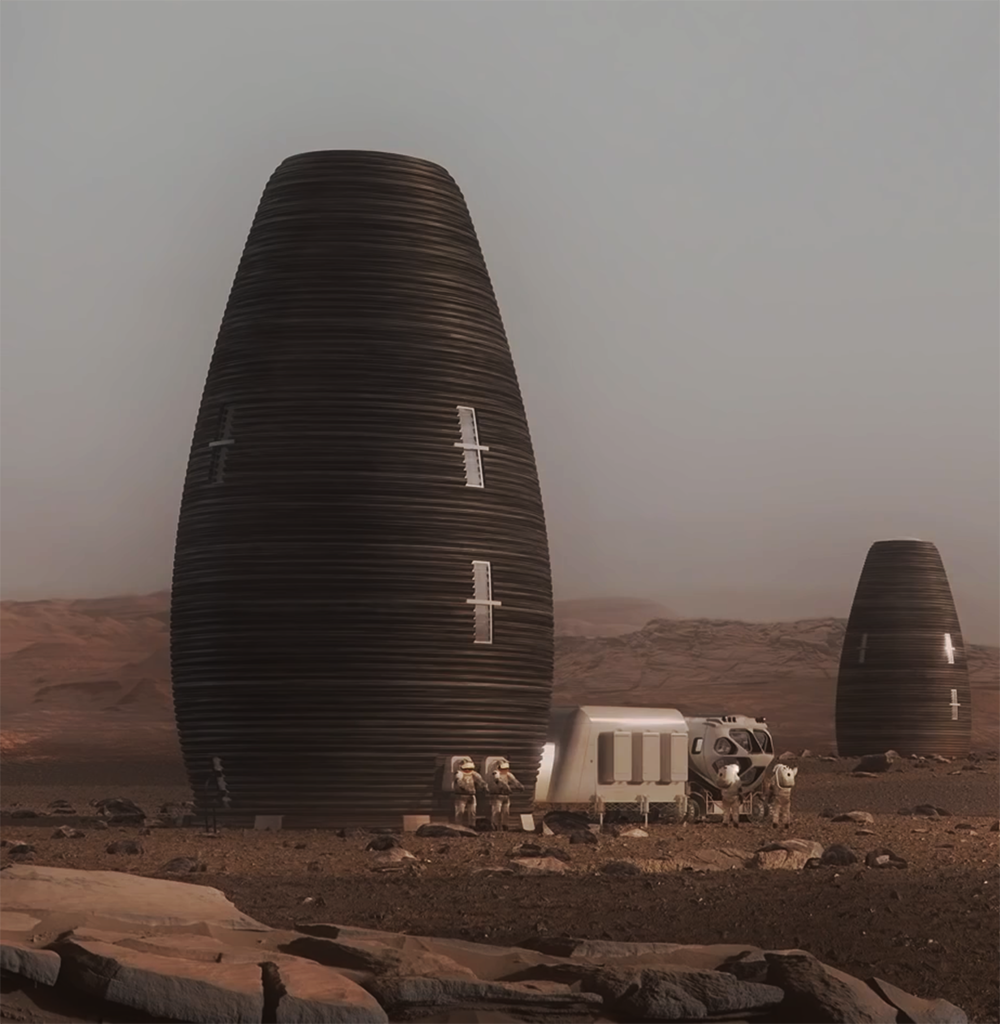Magnetic Bearing
Magnetic bearings support moving machinery without physical contact, for example, they can levitate a rotating shaft and permit relative motion without friction or wear. Long considered a promising advancement, they are now moving beyond promise into actual service in such industrial applications as electric power generation, petroleum refining, machine tool operation and natural gas pipelines.
Among companies producing advanced magnetic bearing systems for industrial use is AVCON, Inc., Agoura Hills, California. AVCON offers a unique technological approach that evolved from the company's work on contracts with Lewis Research Center, and Marshall Space Flight Center. The technology developed in the NASA programs contributed to AVCON's ability to overcome the limitations of early magnetic bearing systems, namely large size and weight, high power consumption and cost. The company's product line embraces a family of very compact, lightweight, power efficient, low cost bearing systems.
Beginning in 1989, AVCON worked with Lewis to explore the possibilities of a magnetic bearing system for the turbopump of the Space Shuttle Main Engine. NASA decided to investigate magnetic bearings, which in theory-at that time-offered multiple advantages over conventional rolling element bearings.
AVCON worked initially with Lewis on development of a magnetic bearing system for a Cryogenic Magnetic Bearing Test Facility. The resulting AVCON development was extensively tested over a two year span and these tests provided a wealth of data on the performance of magnetic bearings under severe conditions. In this program, AVCON developed the basic hybrid magnetic bearing approach that characterizes its commercial products, an approach in which both permanent magnets and electromagnets are employed to suspend a shaft; the permanent magnets provide suspension, the electromagnets provide control. Analyses of AVCON bearing tests showed that a hybrid magnetic bearing was typically only one-third the weight, substantially smaller and dramatically less power-demanding than previous generations of magnetic bearings.
In 1993, Marshall Space Flight Center awarded AVCON a contract to fabricate a set of magnetic bearings, install them in a fixture representing a Space Shuttle Main Engine turbopump, and test them under simulated Shuttle mission conditions. Those tests are under way.
The technological base afforded by AVCON's NASA work, buttressed by additional R&D sponsored by the U.S. Air Force and a major turbine engine manufacturer, enabled AVCON to develop a unique "homopolar" approach to permanent magnet type bearings that, the company says, are significantly smaller than prior designs; additionally, their control electronics are a fraction of the weight of previous systems and power consumption is much lower than in all-electromagnetic designs. Among other advantages cited are virtually zero friction and therefore no lubricant requirement; no wear, no vibration; longer service life; and very high reliability because single point failure modes are eliminated.
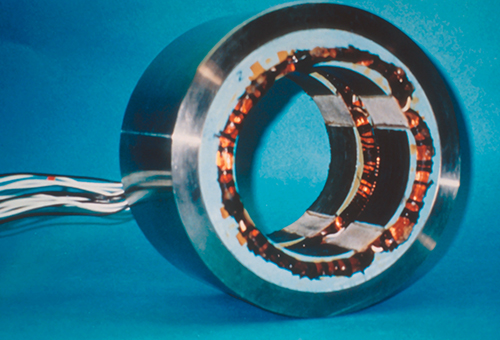
The AVCON magnetic bearing permits motion without friction or wear.
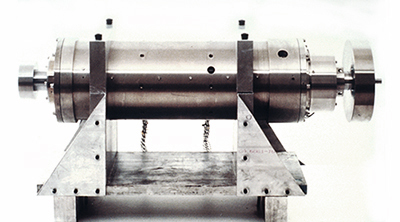
The bearings were tested in a NASA turbopump unit.






